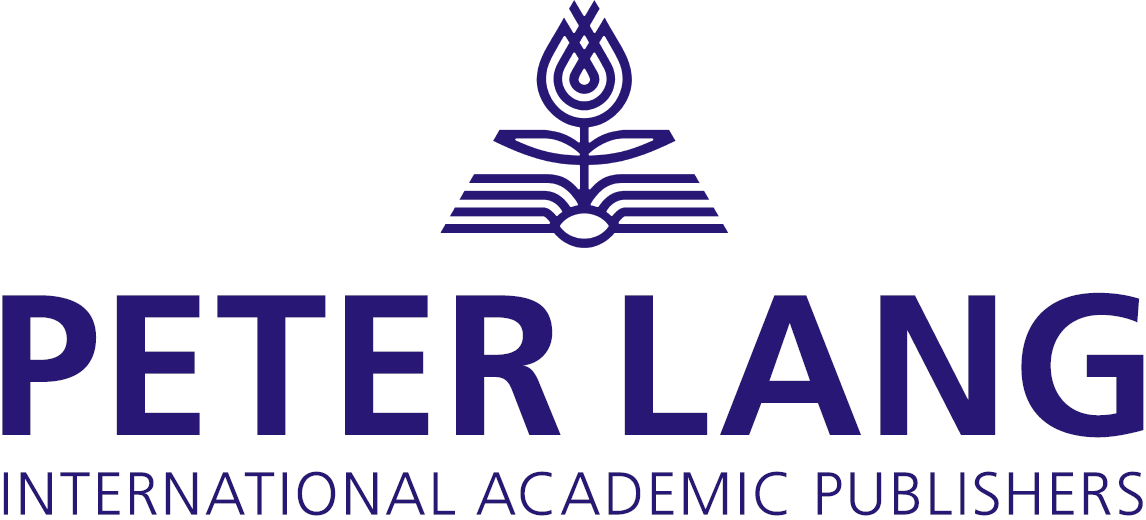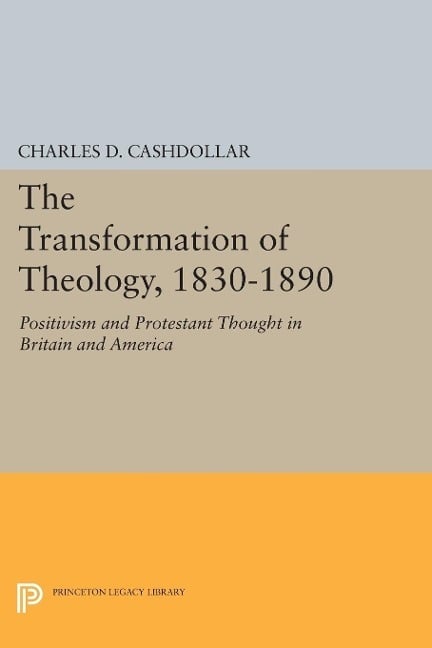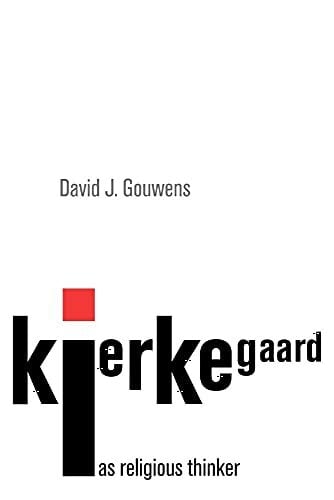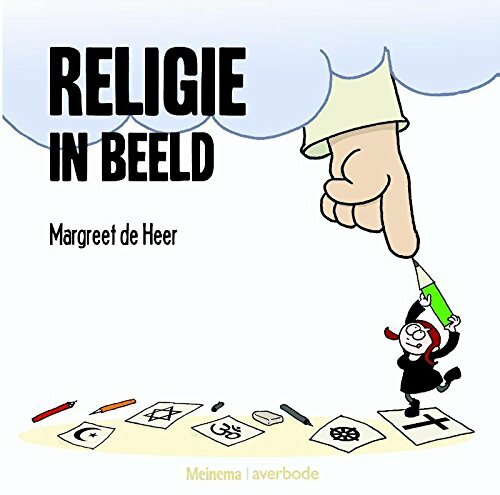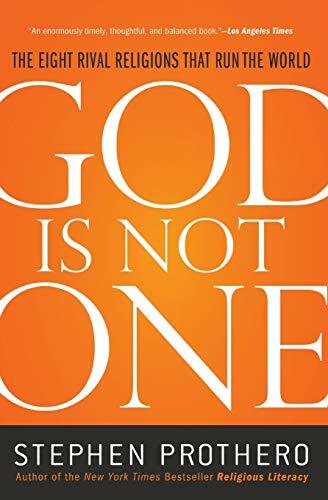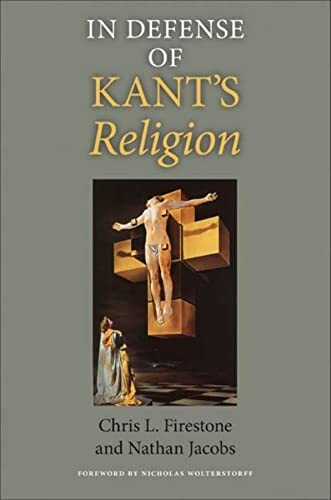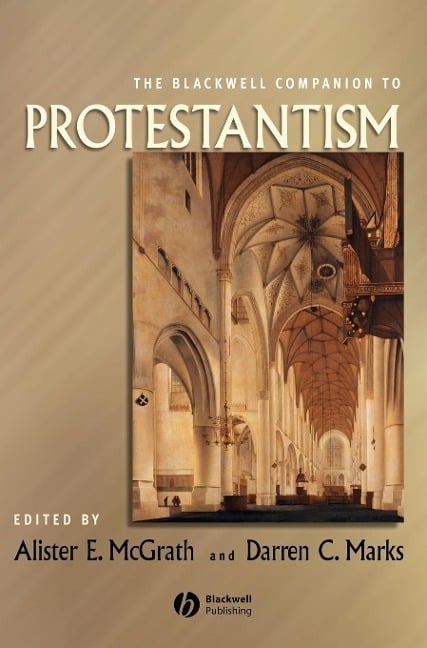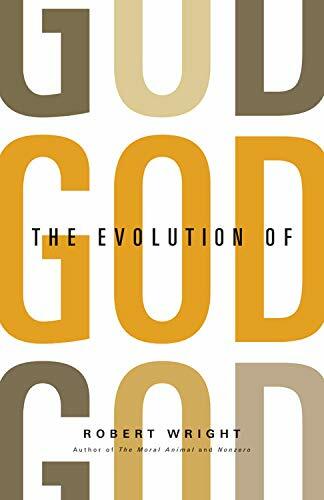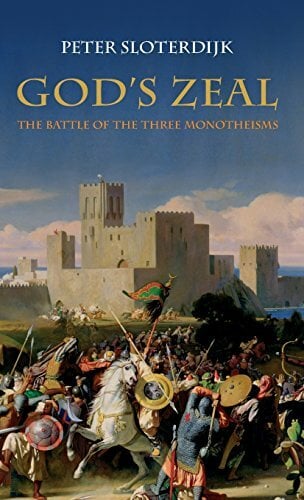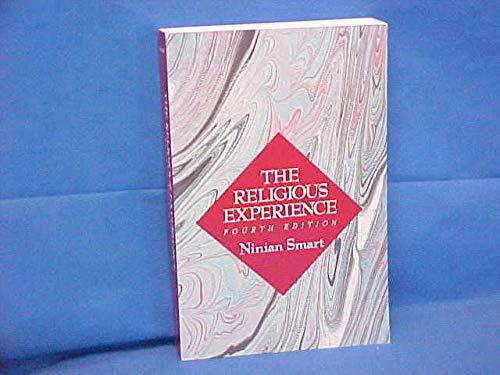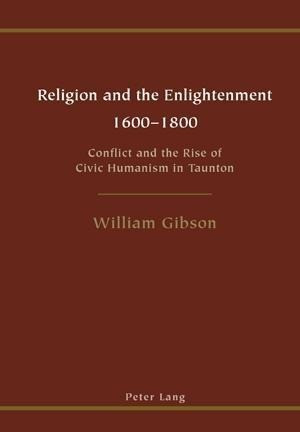
Religion and the Enlightenment. 1600-1800
Kurzinformation
inkl. MwSt. Versandinformationen
Artikel zZt. nicht lieferbar
Artikel zZt. nicht lieferbar

Beschreibung
This book considers how Early Modern England was transformed from a turbulent and rebellious kingdom into a peaceable land. By considering the history of Taunton, Somerset, the most rebellious town in the kingdom, it is possible to see how the emerging features of the Enlightenment - moderation, reason and rational theology - effected that transformation. The experience of Taunton in the seventeenth century was marked by economic fluctuations of the cloth trade and military struggles in the Civil War, the Monmouth Rebellion and the Glorious Revolution. The primary motivation for the citizens was zealous Puritanism. It inspired support for Parliament and rebellion against James II. But in the final quarter of the century a new rational and moderate Protestantism emerged from the largest Nonconformist congregation in the country and from a distinguished dissenting academy. The study shows that both the militancy of the seventeenth century and the enlightened moderation of the eighteenth century were principally inspired by religious rather than secular values. This book contributes to our understanding of England's transformation and of the religious factors that stimulated it. von Gibson, William
Produktdetails

So garantieren wir Dir zu jeder Zeit Premiumqualität.
Über den Autor
The Author: Professor William Gibson is Director of Lifelong Learning at Westminster Institute of Education, Oxford Brookes University. He has published widely on religion and society between 1600 and 1850, including Enlightenment Prelate, Benjamin Hoadly (1676-1761) and The Church of England, 1688-1832, Unity and Accord. He is a fellow of the Royal Historical Society and of the Royal Society of Arts.
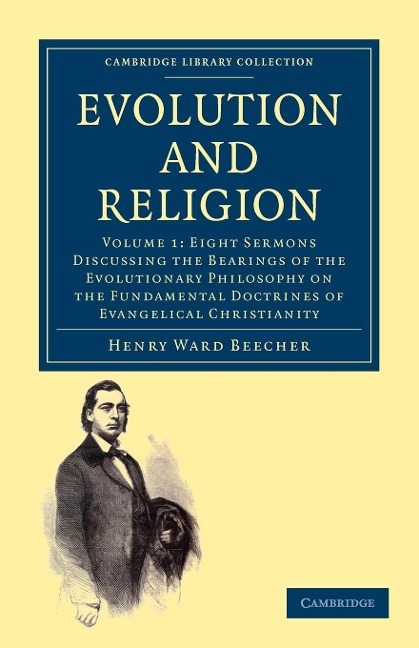
- Hardcover
- 152 Seiten
- Erschienen 2009
- Cambridge University Press

- paperback
- 376 Seiten
- Erschienen 2017
- hansebooks
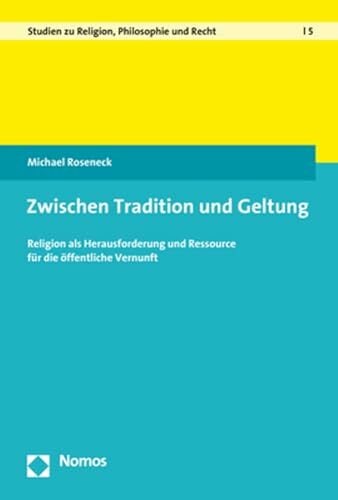
- Gebunden
- 708 Seiten
- Erschienen 2021
- Nomos

- paperback
- 500 Seiten
- Erschienen 2006
- Cosimo Classics

- hardcover
- 224 Seiten
- Erschienen 2017
- Concordia Pub House




